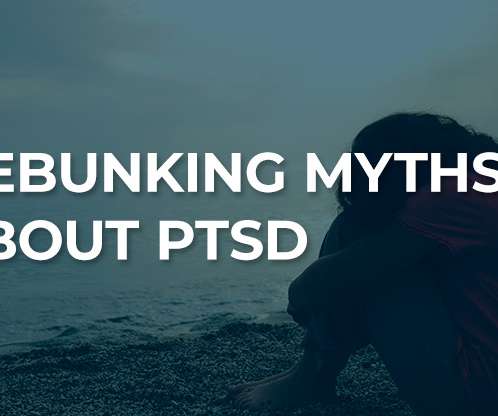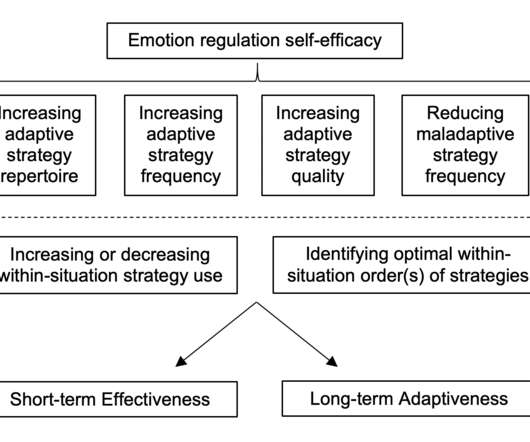Types of Therapy and Mental Health Providers
Stop Abuse Campaign
JANUARY 19, 2022
← How to Choose a Therapist: Tips and Fits. In fact, choosing a therapist and the type of therapy you specifically need may seem like a chore. Types of Therapists and Counselors. Once you begin therapy, your therapist may recommend a different method depending on your diagnosis, but this is a good way to start.













Let's personalize your content